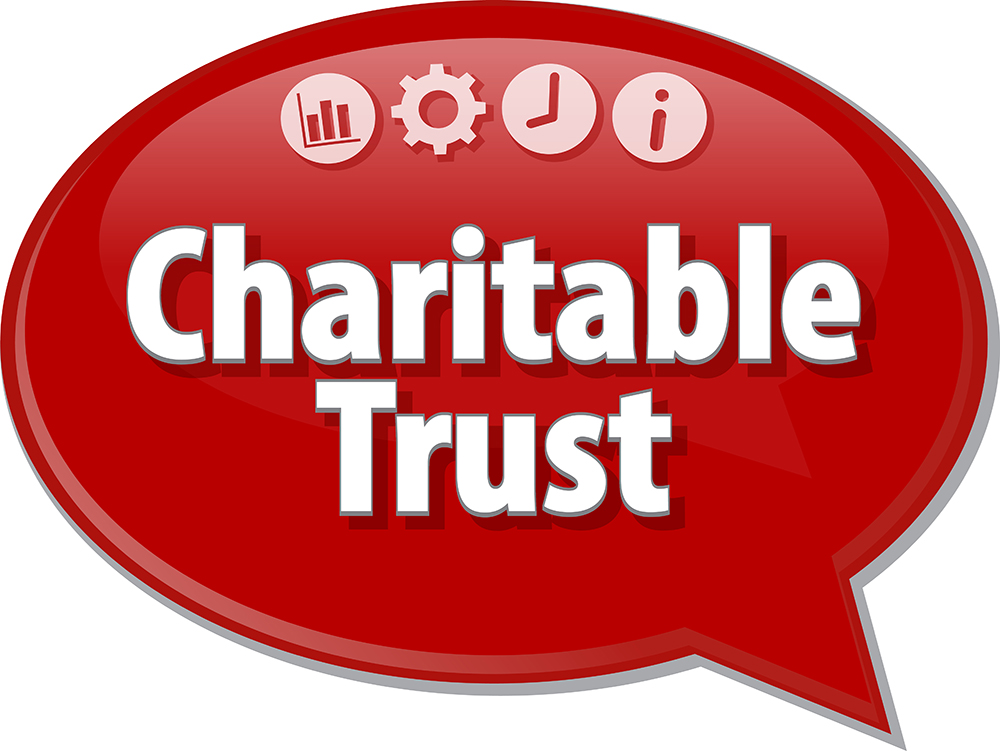With the hurricane and wildfire seasons upon us, coupled with the risk of tornadoes and flooding, now’s a good time to understand how casualty and disaster losses impact your taxes.
PRESIDENTIAL DISASTER
For 2018 – 2025, when parts of the country are declared federal disaster areas by the President, you can deduct losses you sustain to your home, personal belongings and vehicles. The damage to your property must be a result of the disaster.
CLAIMING YOUR LOSS
Typically, losses are deducted in the year of the disaster, but you can claim the loss for the preceding year by notifying the IRS and filing Form 4684.
Generally, casualty losses are an itemized deduction, so the amount of your loss must be more than 10% of your adjusted gross income. However, there are some exceptions.
The amount you can deduct is the lesser of the property’s adjusted basis or the decrease in the market value due to the casualty. There are different rules for an income-producing property (e.g., rental homes). But if your insurance company reimburses you for losses, you’ll have to reduce your tax loss by the proceeds you receive.
IT’S A STEAL
When you’re the victim of theft as a result of a federally declared disaster, your loss is generally tax deductible under the same rules. Only, you’ll claim the loss in the year you discover it.
PREVENTION
Although you may want to take preventative measures to protect against future disasters, like installing hurricane-impact windows, these costs won’t be tax deductible since they don’t meet the “sudden, unexpected, or unusual” requirement of a casualty loss. But these preventative measures may earn you a discount on your property insurance premiums.
TAXABLE GAINS
Keep in mind you can have casualty gains—like when your insurance company pays you more than your cost of the damaged or stolen property. In most cases, you’ll pay tax on the difference. In limited circumstances, the gain can be deferred or not realized at all. But you’ll be able to offset it with any losses you have— casualty or non-casualty. Consult your tax professional to get it right.






